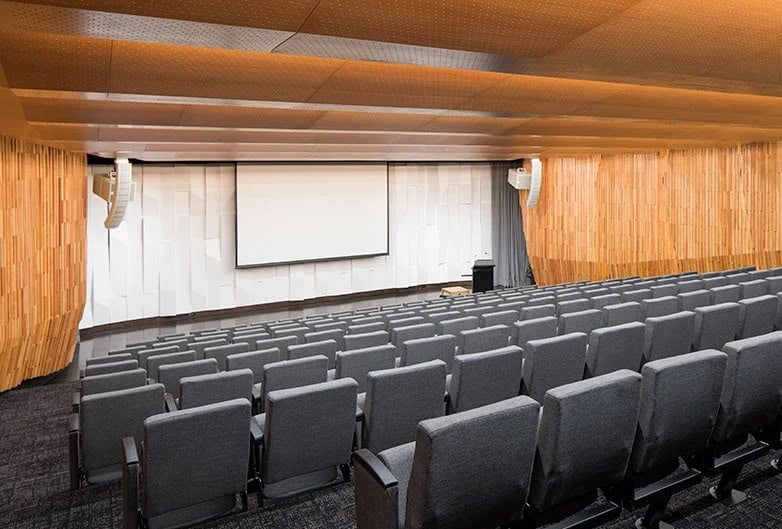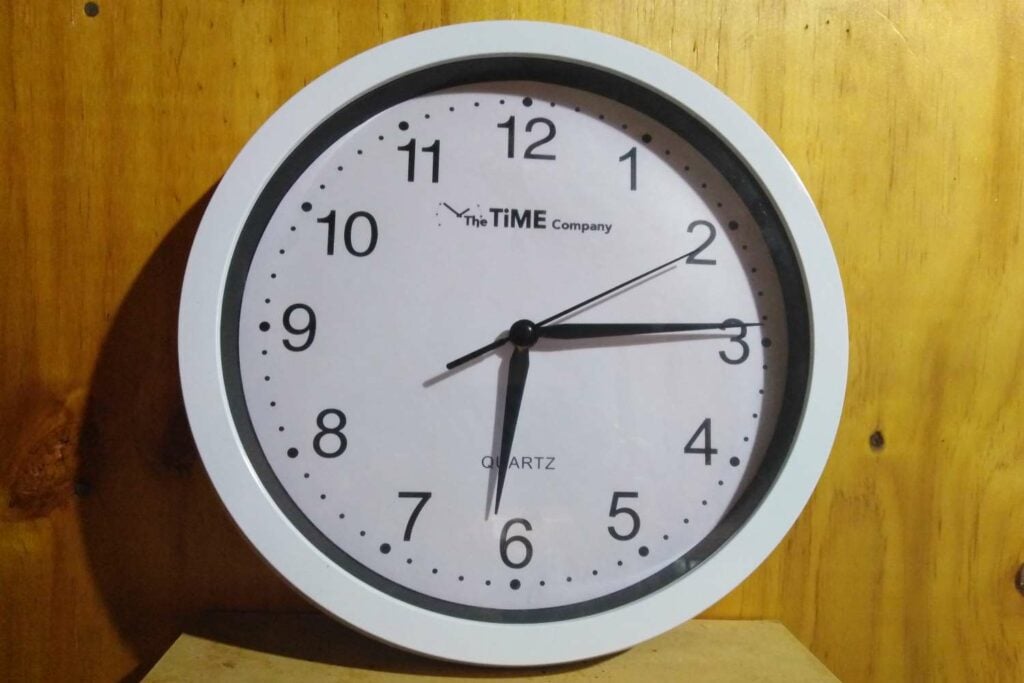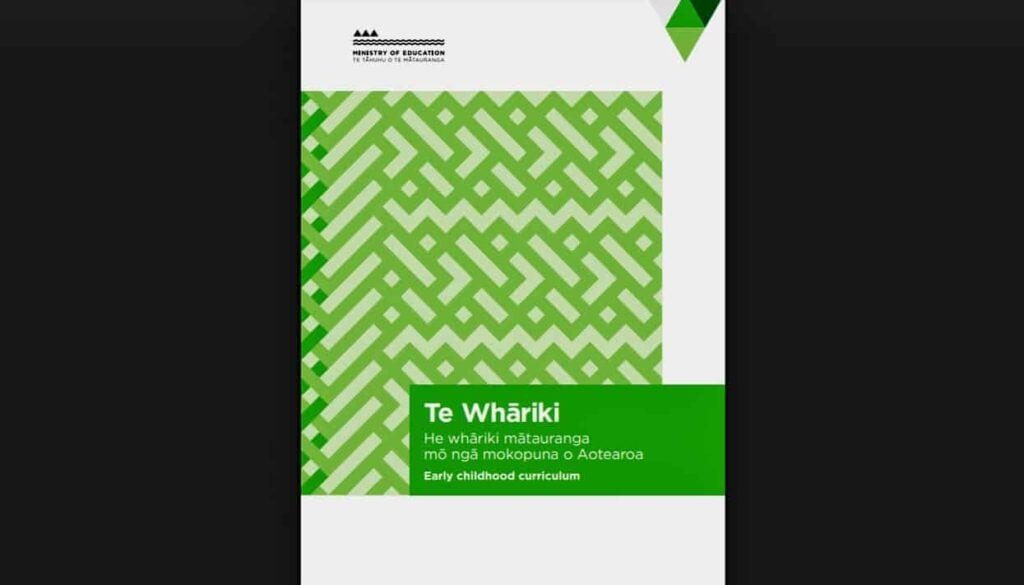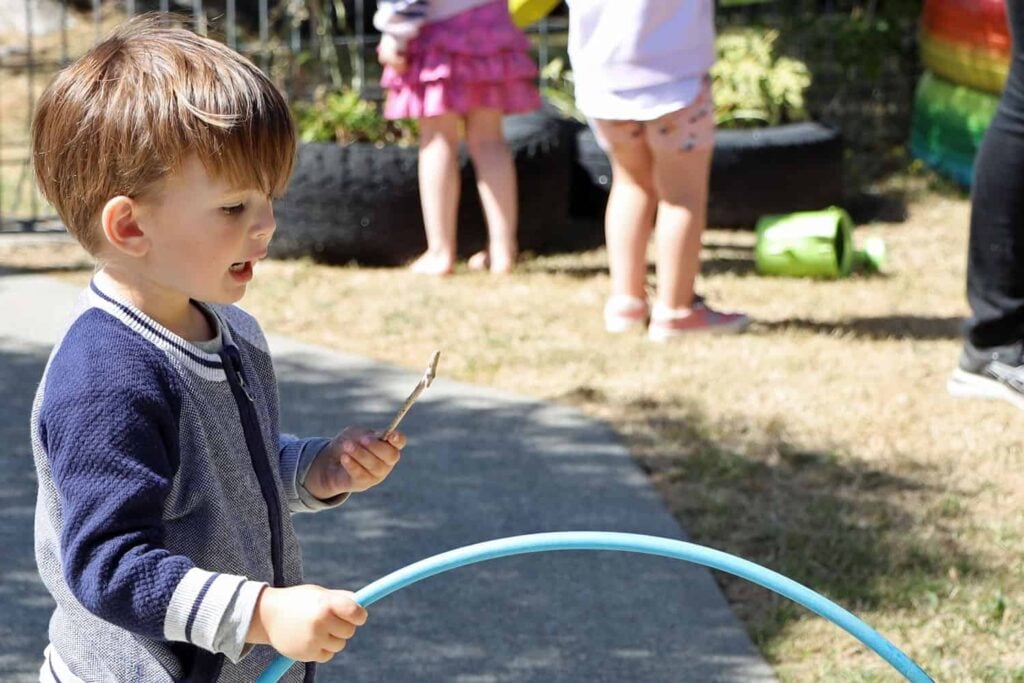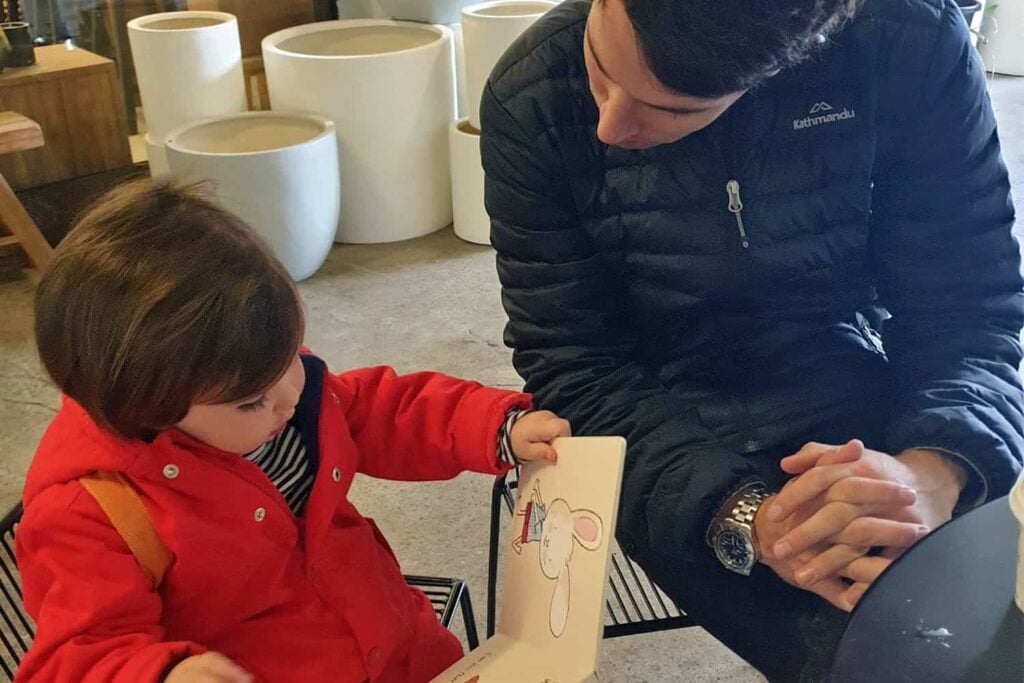April 12, 2017.
A new early childhood curriculum replacing the current ‘Te Whāriki’ document has been published on the Ministry of Education website. It was without prior announcement until its release today and near the eve of the long Easter weekend and the start of term break.
The curriculum’s draft revision faced strong criticism from many in the sector regarding content and presentation, and the Federation of Rudolf Steiner Schools sought legal advice and wrote to the Minister claiming that the consultation process breached statutory and legal requirements.
Dr Sarah Alexander says that the final copy is significantly better than the draft, the Ministry having obviously put in a large effort to get things right.
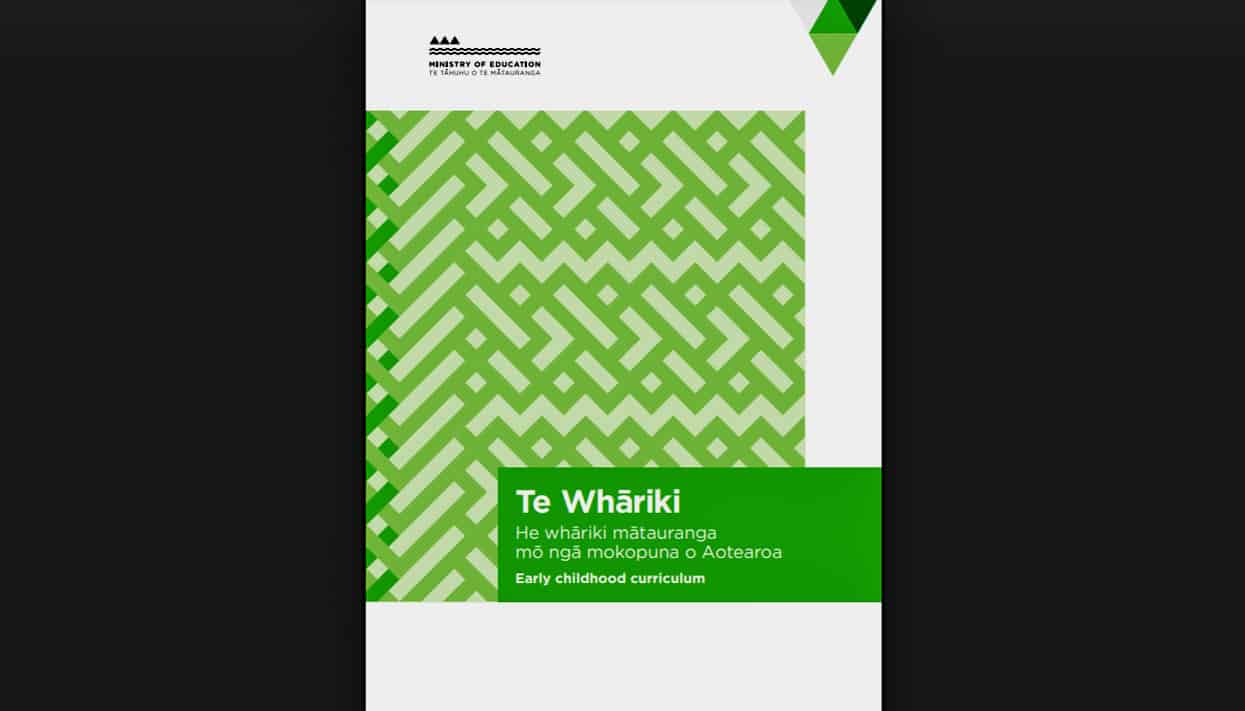
“However, there remain some major deficiencies that could have also been put right had the Ministry done more work on this.
“Many teachers were expressing a lack of ownership and sense of disempowerment owing to the way the Ministry consulted the sector over a draft revision and the short time frame just before Christmas,” says Dr Alexander.
Teachers were not given an opportunity to view and give feedback on another iteration of the draft following the pre-Christmas-rushed consultation to make sure it is the best it can be before the final copy was published today.
The lack of consultation and engagement in discussions with parents throughout NZ has also been disappointing given that children are not participating in formal compulsory education.
“The curricula of other countries were not reviewed and drawn on to make use of international knowledge and experience since it was first written 20 years ago. It also does not appear that the final document has had any independent international expert review, which is unfortunate”, says Dr Alexander.
Dr Helen Hedges, a writer contracted by the Ministry to re-write the curriculum, commented in a blog on the short time frame for revision saying, “I was honoured to be selected to be part of the writing team to update and revise the document – in an impossibly short time frame.”
In a video celebrating 20 Years of Te Whāriki, Professor Helen May, a lead writer of the original curriculum emphasised that curriculum should not be prescriptive.
“From the start, we had a vision of a fully qualified early childhood workforce. We did not put this in Te Whāriki but we did pitch it at a level that assumed teachers would have theoretical knowledge, the cultural knowledge, and the professional judgment, to weave the curriculum with their whanau, with the children, with their colleagues.”
Dr Alexander warns that by the Ministry adopting the word ‘kaiako’ and defining it in a footnote explicitly as encompassing all qualified and unqualified teachers, instead of defining kaiako as teacher and leaving it at that, the path has been laid for the de-professionalism of early childhood teaching.
In the new Te Whāriki document, the Ministry also states:
“Although ECE services use a range of different terms, this document uses kaiako because it conveys the reciprocal nature of teaching and learning.”
Dr Alexander says that this may leave early childhood teachers wondering about the purpose of becoming qualified and retaining their certification and why they are referred to as ‘kaiako’ when all school teachers are not and teaching and learning is also reciprocal at school level.
According to Prof May, the original Te Whāriki was not designed to be a curriculum that told teachers what to do. At the time one large childcare chain operator even advised the writers they should “just make it easy for my girls so they’ll know what to do on Monday”.
The new Te Whāriki had been designed more towards telling teachers what to do and it outlines evidence to be collected on children’s learning and states what children must demonstrate to show they have achieved learning outcomes.
“There is now a real possibility of movement towards checklist teaching,” says Dr Alexander.
“Our young children must be able to have an unpressured early childhood with rich learning experiences and play. This is probably not the path that most parents and teachers would want to see New Zealand early childcare and education services take.”
